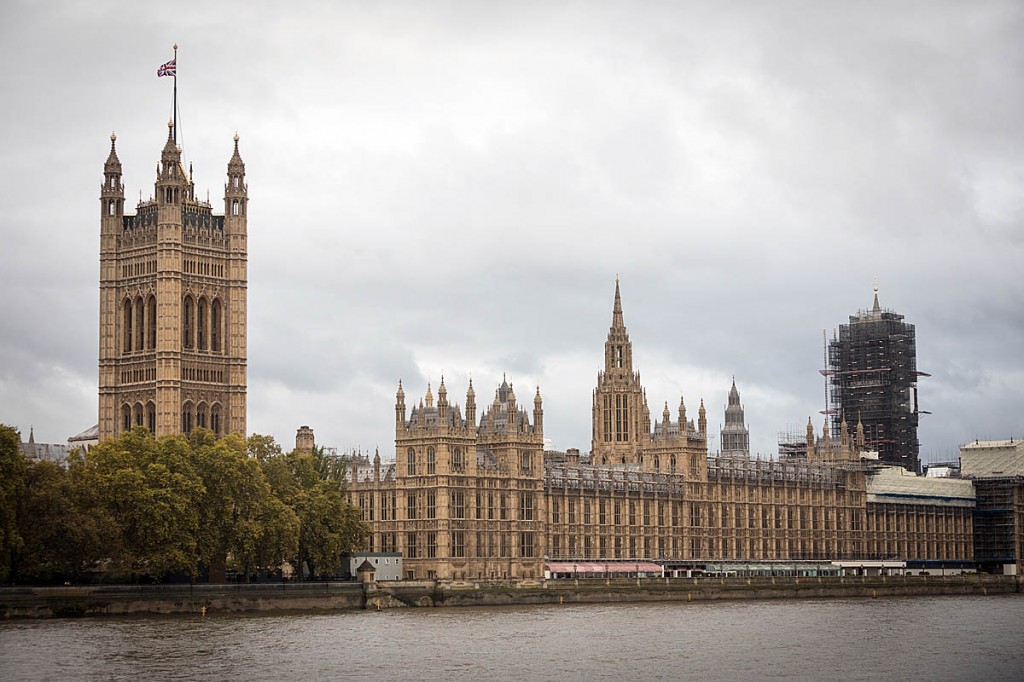Government policies have failed to get the English public active, Peers have said.
The House of Lords sport and recreation committee called for widespread changes in how sport and recreation are supported.
Delivery of sport and recreation is currently uncoordinated and fragmented with funding structures that are not fit for purpose, the committee said in a report published on Friday.
These failures have seen the percentage of people classed as ‘inactive’ increase from 25.6 per cent to 27.5 per cent since 2016.
High levels of inactivity are prevalent among particular groups including women, disabled people, ethnic minorities, the elderly and people from less affluent backgrounds, the committee said. There had been no Olympic legacy of a more active population.
The Lords called on the Department for Digital, Culture, Media and Sport, which they said lacked clout, to be stripped of its responsibility for policy and the Department of Health and Social Care take over delivery of the strategy.
They said England needs an ambitious and radical national plan for sport, health and wellbeing to address stagnant activity levels across the country.
Lord Willis, chair of the committee, said: “Sport and physical activity can change lives. The pandemic has made abundantly clear the pressing need to get the country fitter and more active.
“However, participation in sport and recreation is flatlining. The Olympic legacy did not deliver the more active population we were promised, and the latest figures show activity levels have declined since the pandemic. Something needs to change and now is the time to do it.
“To make the changes we need it is time for a new national plan for sport, health and wellbeing. That plan needs to be ambitious and co-ordinated, and carry the weight of the government and Prime Minster behind it.
“That cannot be delivered if it is led by DCMS, a small department with an increasing focus on its digital portfolio. That is why we are calling for responsibility for sport policy to move to the Department of Health and be driven by a new minster for sport, health and wellbeing.
“The new plan would co-ordinate efforts of bodies such as Sport England, local authorities and schools to work together to make it easier for everyone to be more active. Our report sets out a number of key priorities and themes that could form the basis of the new national plan and make a real difference to activity levels across the country.
“There is currently a Health and Care Bill making its way through the House of Lords. Members of our committee will now explore where we can propose suitable amendments to that bill to deliver the changes we think are needed on this vital issue.”
Peers said the move to a health-centred approach to sport and recreation, which builds on the model used in other countries such as New Zealand, is part of a package of reforms that would make-up the foundations of the new national plan.
Other recommendations by the committee including giving local authorities a statutory requirement to provide facilities for sport and physical activity, with matched funding from central government.
There should also be a review of taxes in the recreation sector, and Sport England should improve funding for organisations delivering activities to under-represented groups.
The Black Country, Birmingham and the Humber top the league tables of inactive adults, who undertake less than 30 minutes of physical activity a week, with a third or more deemed inactive.
Birmingham also has the most inactive children, with more than 43 per cent failing to do 30 minutes of physical activity a day.
The survey rates an adult who does at least 150 minutes of moderate intensity activity a week, defined as where you raise your breathing rate as active. An adult who does an average of 30–149 minutes per week is considered fairly active and adults who do less than 30 minutes a week is considered inactive. Vigorous activity, where the participant is out of breath or sweating, counts as two moderate minutes.


Apersonnotatourist
20 December 2021Can we start by sorting out the outdated access to the countryside first. Full rights to roam please for England and Wales as per Scottish freedoms. Scrapping of footpaths and bridleway distinctions - they should be just marks on a map showing the easiest routes for travel. Reversal of Dartmoor NP laws restricting access and camping and investment in more outdoor hubs (with free parking or park and ride schemes) . Deal with that and we'll see more uptake in outdoor exercise and improving mental health outcomes.
Just a thought.